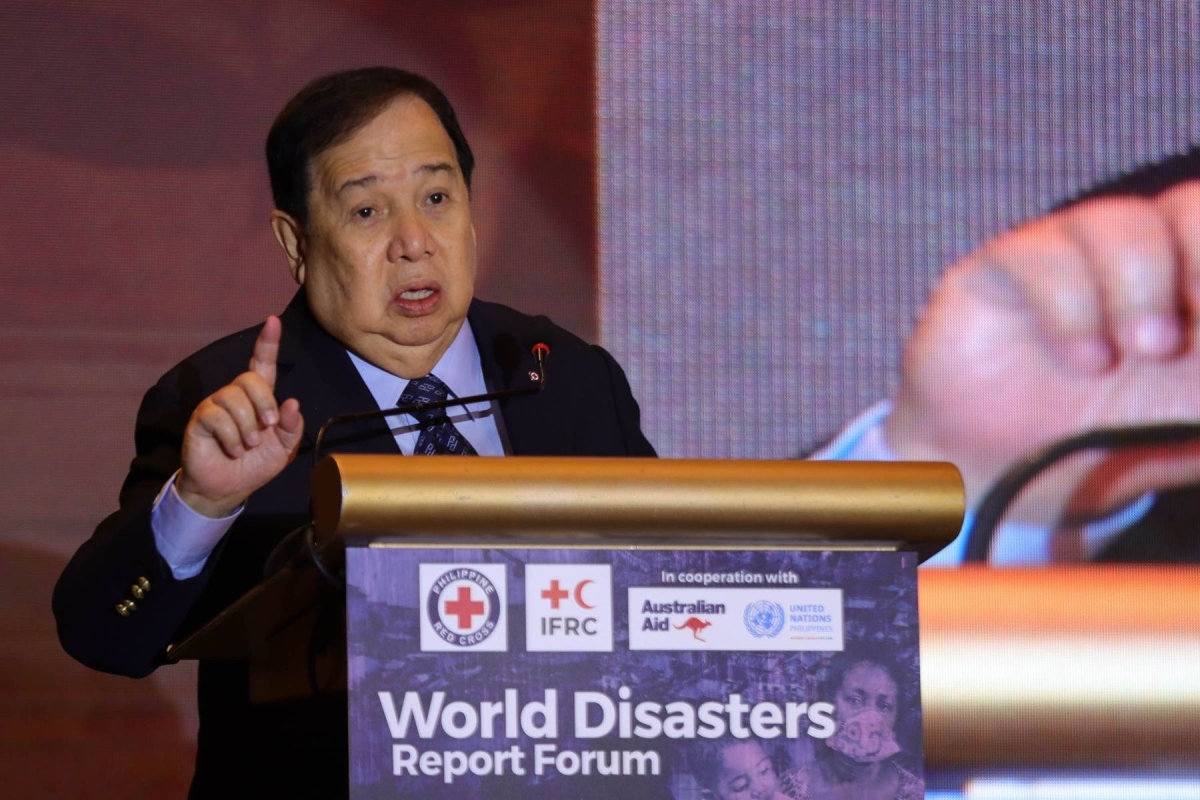By Kate Hampton and David Miliband
Special to The Times Kuwait
Food insecurity is a pressing issue that affects millions of people around the world, including Filipino OFWs in Kuwait and their families. It refers to the lack of access to sufficient, safe, and nutritious food that meets the dietary needs and preferences for an active and healthy life.
In recent years, the global community has recognized the importance of addressing food insecurity and has made efforts to find sustainable solutions. This article aims to shed light on the issue and provide insights on what can be done to alleviate food insecurity.
Understanding Food Insecurity
Food insecurity is a complex problem with various underlying causes. It can be influenced by factors such as poverty, unemployment, conflict, climate change, and limited access to resources. In the case of Filipino OFWs in Kuwait, the challenges they face include low wages, limited employment opportunities, and difficulties in accessing affordable and nutritious food.
Food insecurity not only affects individuals’ physical health but also has broader social and economic implications. It can hinder children’s development, impair cognitive function, and increase the risk of chronic diseases. Moreover, food insecurity can contribute to social unrest and economic instability.
Addressing Food Insecurity
While addressing food insecurity requires a multi-faceted approach, there are several key strategies that can make a significant impact:
1. Enhancing Agricultural Productivity
Promoting sustainable agriculture and improving farmers’ access to resources, such as land, water, and technology, can increase food production and reduce reliance on imports. This can create employment opportunities and improve food availability and affordability.
2. Strengthening Social Safety Nets
Implementing social safety net programs, such as cash transfers, food vouchers, and school feeding programs, can help vulnerable populations, including Filipino OFWs and their families, access nutritious food. These programs provide temporary support during times of economic hardship and ensure basic food needs are met.
3. Investing in Nutrition Education
Providing nutrition education and promoting healthy eating habits can empower individuals and communities to make informed choices about their diets. This can lead to improved nutrition outcomes and better long-term health.
4. Supporting Small-Scale Farmers
Supporting small-scale farmers through training, access to credit, and market opportunities can enhance their productivity and income. This not only improves their livelihoods but also contributes to local food production and reduces dependence on imports.
5. Strengthening Food Systems
Building resilient and sustainable food systems is crucial for ensuring food security. This involves improving infrastructure, storage facilities, transportation networks, and market access. It also includes promoting sustainable farming practices and reducing food waste.
Conclusion
Food insecurity is a complex issue that requires collective action and long-term solutions. By understanding the underlying causes and implementing targeted strategies, we can work towards a future where everyone, including Filipino OFWs in Kuwait and their families, has access to sufficient, safe, and nutritious food. Together, we can make a difference and build a more secure and resilient food system for all.







